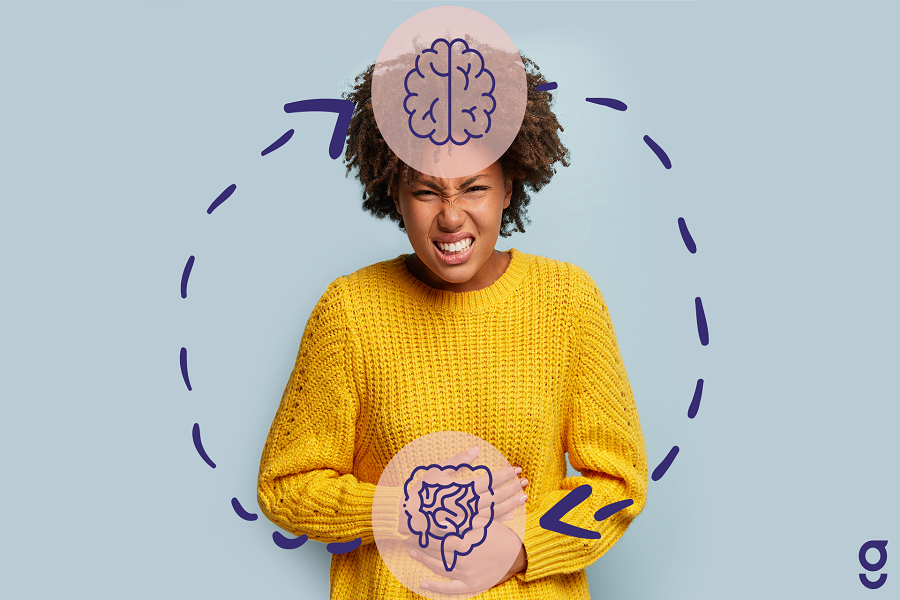In our quest for overall well-being, we often focus on separate aspects of health, such as diet, exercise, and mental well-being. However, there’s a significant and intriguing connection between what we eat and our mental health. The impact of our diet on our mental well-being is a growing area of interest, and it is essential to understand how the food we eat can affect our mental health.
Understanding Gut-Brain Connection
Before diving into the intricate relationship between your diet and mental health, it’s important to acknowledge the role of Soberlink Reviews in the context of overall well-being. Soberlink is an alcohol monitoring device designed to support individuals who are in recovery from alcohol addiction. Maintaining sobriety is a vital component of mental health and overall wellness. This device helps individuals and their support networks keep track of their alcohol consumption, providing peace of mind and an extra layer of accountability.
Understanding the Gut-Brain Connection
The gut-brain connection, also known as the gut-brain axis, is the bi-directional communication pathway that exists between your gastrointestinal system and your central nervous system. It’s a complex network that involves the brain, gut, and the trillions of microbes living in your digestive tract. Emerging research suggests that the health of your gut can significantly influence your mental health.
Here’s how it works: Your gut is populated by a diverse community of microorganisms, collectively known as the gut microbiome. These microorganisms play a crucial role in digesting food, absorbing nutrients, and even producing certain neurotransmitters like serotonin. Serotonin, frequently described as the “happiness neurotransmitter,” directly influences the regulation of mood. The majority of serotonin production, in fact, occurs in the gut, not in the brain.
Dietary Impact on Mental Health
Your diet has a profound effect on the composition and health of your gut microbiome. Certain foods can promote the growth of beneficial bacteria, while others can encourage the proliferation of harmful microorganisms. A diet rich in fiber, whole grains, and a variety of fruits and vegetables provides the nutrients that your gut microbes need to thrive.
Conversely, a diet high in processed foods, added sugars, and unhealthy fats can lead to an imbalance in the gut microbiome, often referred to as dysbiosis. This imbalance can result in increased inflammation, which has been linked to various mental health issues, including depression and anxiety.
One intriguing avenue of research is exploring how the Mediterranean diet, characterized by its emphasis on fruits, vegetables, whole grains, and healthy fats, may have a protective effect on mental health. The nutrients in this diet can positively influence the gut-brain axis, promoting a balanced and healthy microbiome.
The Role of Soberlink in Mental Health
In the context of mental health and well-being, soberlink can be a valuable tool for individuals in recovery from alcohol addiction. Substance abuse and addiction can have a significant impact on mental health, often leading to conditions such as depression and anxiety. The ability to monitor and maintain sobriety with Soberlink can provide individuals with the support and accountability they need to stay on track, contributing to improved mental well-being.





